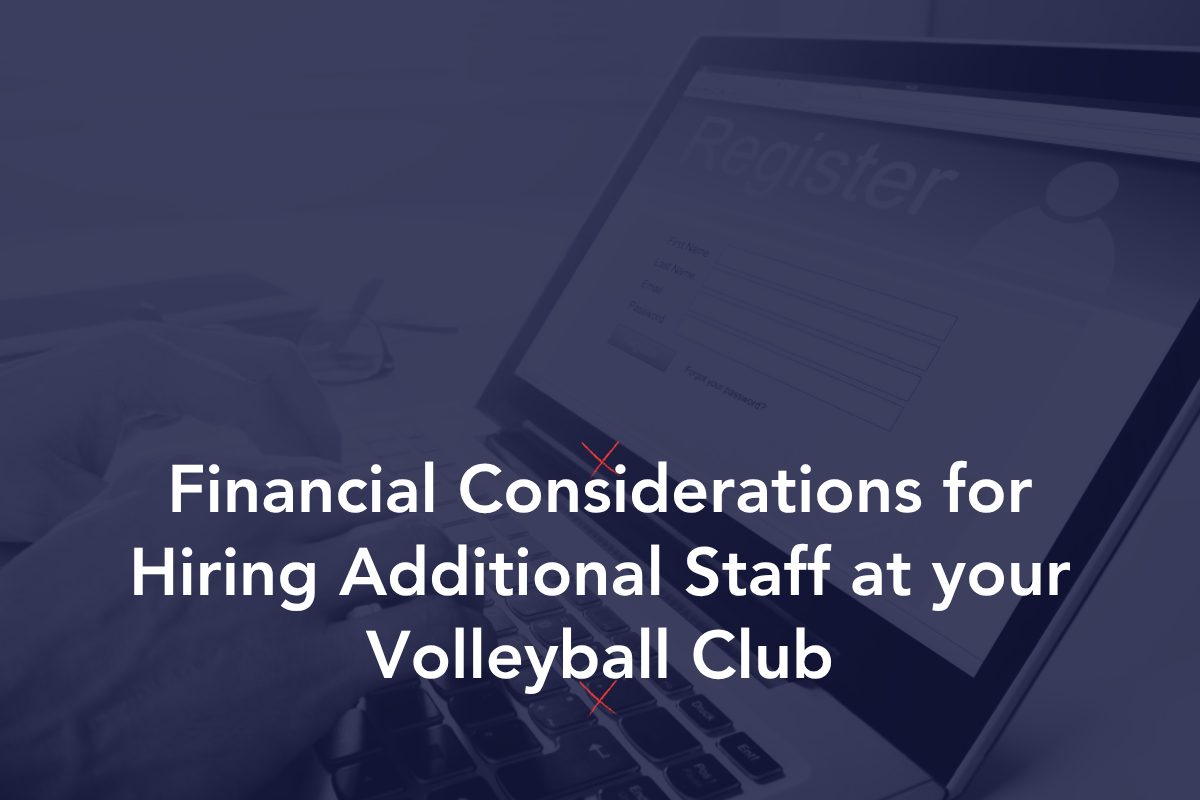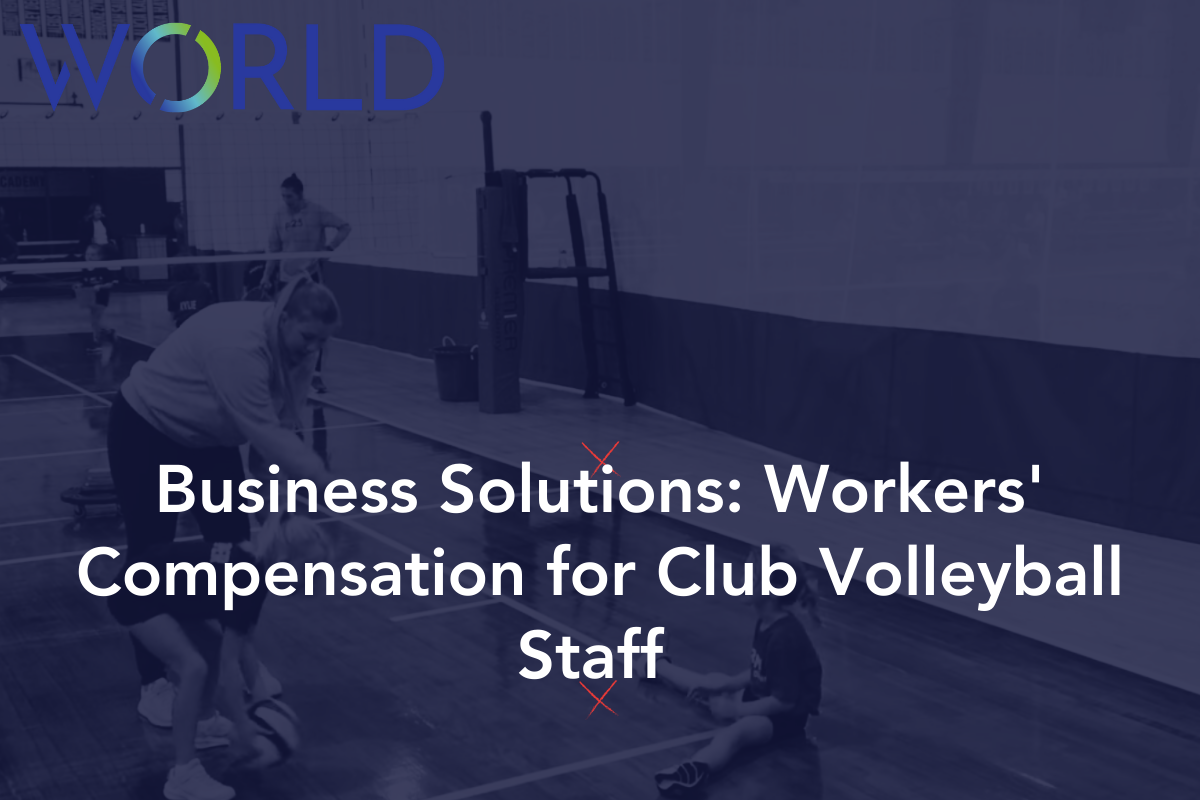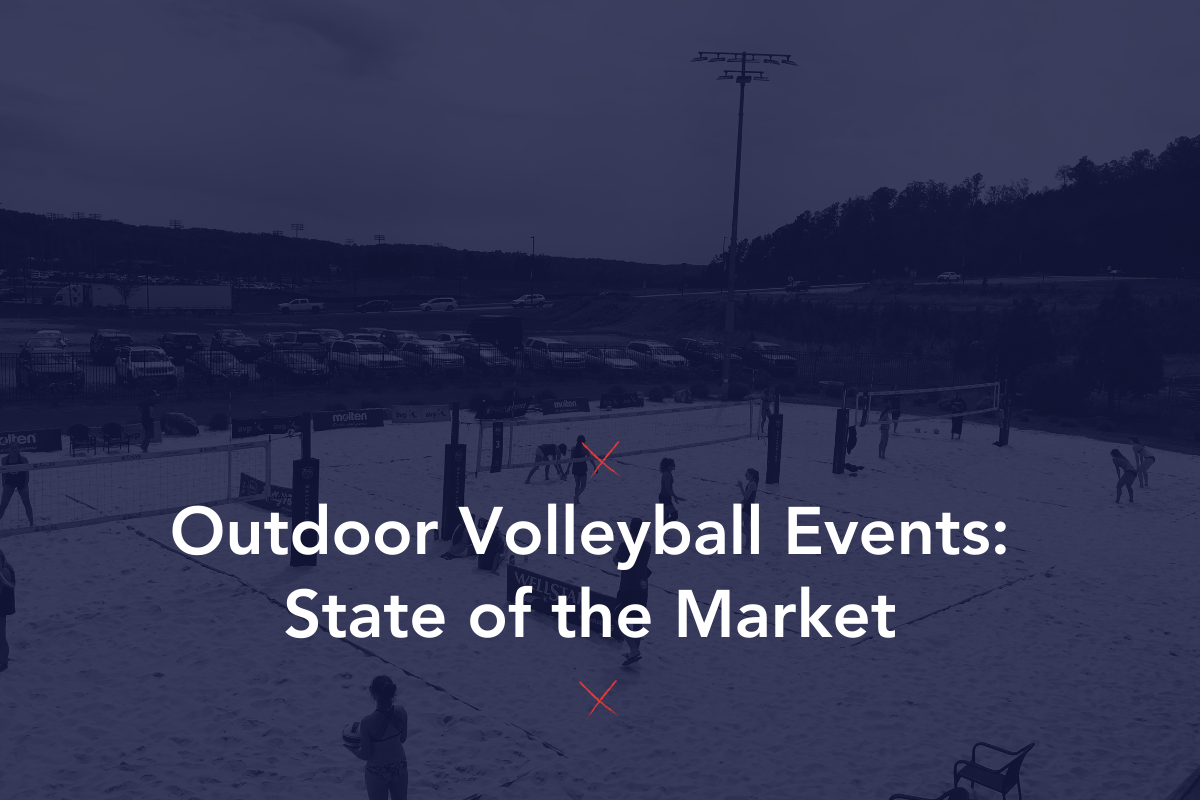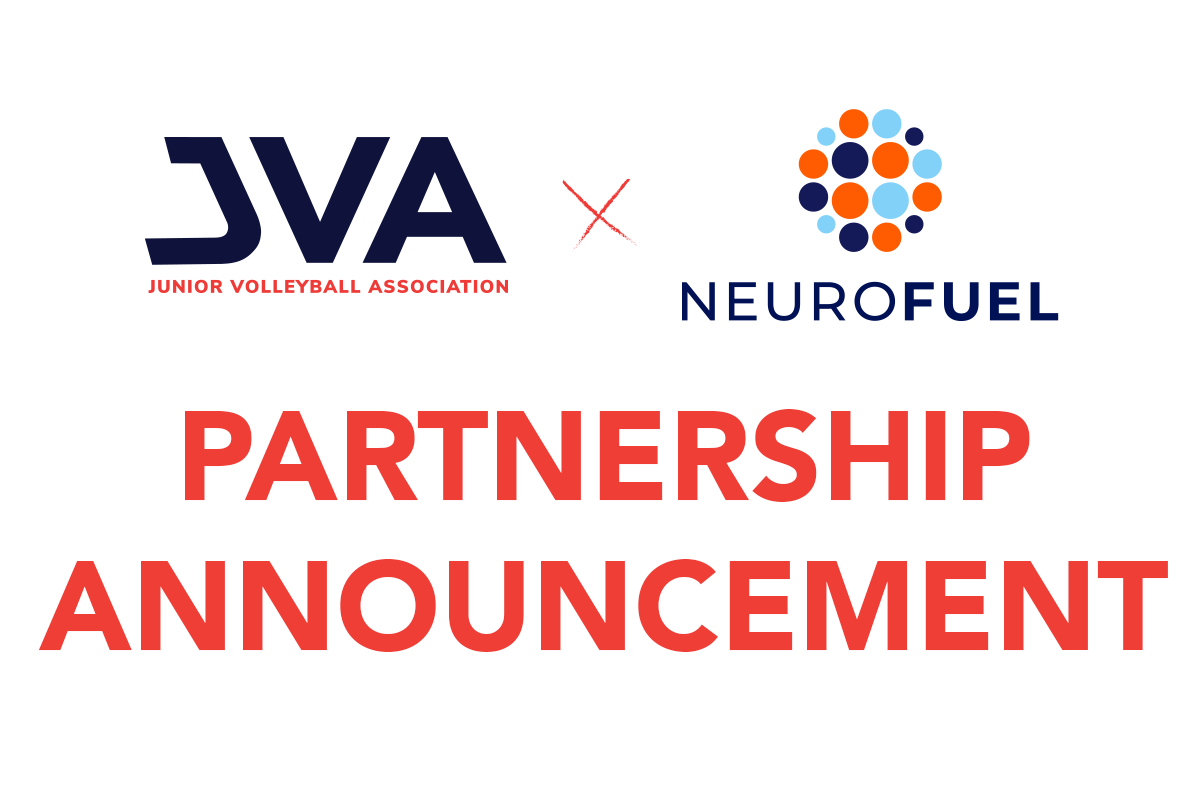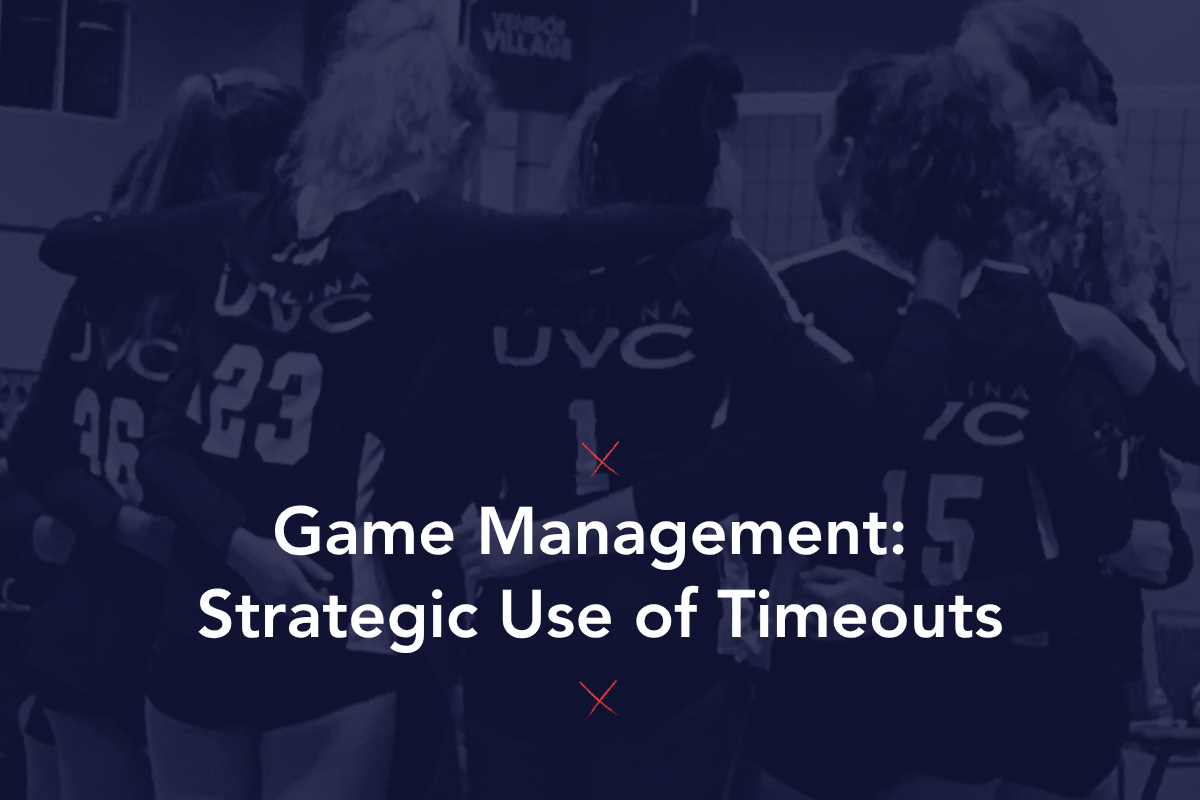
To coach mental strength effectively, it’s not enough to understand what strong mental performance looks like. Equally important — and often overlooked — is learning how to recognize when it’s missing. Just like diagnosing poor mechanics in a swing or spotting gaps in defensive positioning, identifying signs of mental struggle allows you to coach with greater clarity, precision, and compassion.
Many athletes enter your gym or program without the tools to manage adversity, recover from mistakes, or stay locked in through chaos. And because those tools are invisible — unlike speed or height — it’s easy to misinterpret their absence. What might look like laziness, immaturity, or a bad attitude is often something much deeper: underdeveloped mental strength.
This misunderstanding leads to missed opportunities. If we label behavior as “drama” or “lack of effort,” we might punish or ignore it. But if we label it accurately — as an untrained mental skill
— we create space to coach it, just like we would coach passing form or footwork.
What Mental Struggles Often Look Like in Volleyball Athletes
Let’s look more closely at the behaviors that typically reveal a lack of mental readiness. These athletes aren’t broken or weak — they simply haven’t yet learned how to respond mentally when things get hard.
1. Shutting Down After a Mistake
Their posture drops, they stop talking, they shy away from the next play. Confidence deflates, and effort seems to disappear.
2. Overreacting to Criticism or Referee Calls
Some athletes appear overly sensitive — not because they’re “soft,” but because they haven’t yet built the emotional regulation to separate feedback from self-worth.
3. Blaming Others
When athletes deflect responsibility — pointing fingers at teammates, complaining about the conditions, or making excuses — they don’t know how to sit with their own performance gaps, so they shift the discomfort outward.
4. Inconsistency
Hot-cold patterns are rarely about physical readiness and more often tied to mental fluctuations. Athletes who can’t regulate their mindset will always have performance gaps, no matter how skilled they are technically.
5. Lack of Focus
You see it in the drill line — eyes wandering, effort dipping, disengagement during team talks. In the heat of competition, it looks like zoning out or missing assignments. Focus isn’t just a trait — it’s a trained ability to stay present. Without it, mental fatigue and distraction become the default under pressure.
6. Fear of Failure
This often shows up as “safe” play. They don’t take risks, they avoid making mistakes, and they limit their own potential just to avoid embarrassment.
7. Low Resilience
Some athletes seem to carry one bad moment for an entire day — or week. These athletes haven’t yet developed the mental “reset button” that helps strong performers stay steady regardless of what just happened.
Shift Your Coaching Lens
As a coach, how you interpret these behaviors is critical. If you see them as flaws, you may become frustrated. If you see them as skills not yet learned, you become empowered to coach them.
Think about how you would respond if a player struggled with timing on a set or had inefficient footwork. You wouldn’t write them off. You’d diagnose the issue, break it down, teach it step by step, and then build it through reps. That same mindset applies to mental strength.
When athletes display signs of mental struggle, they’re not showing you a character defect — they’re giving you insight into where they need training.
View more mental performance education.
Neurofuel is the Preferred High Performance Mental Training Platform of the JVA. JVA has teamed up with NeuroFuel to help you build mentally strong athletes and teams. Learn how to get your team started here.
Neurofuel is a mental training platform designed to help athletes learn about and train the mental techniques proven to help individuals perform to their potential more often in the moments that matter most. Used by more than 1,200 teams and over 23,000 athletes, Neurofuel supports athletes, coaches, and teams in achieving peak performance mindset and long-term personal growth. Learn more at www.neurofuelapp.com/



